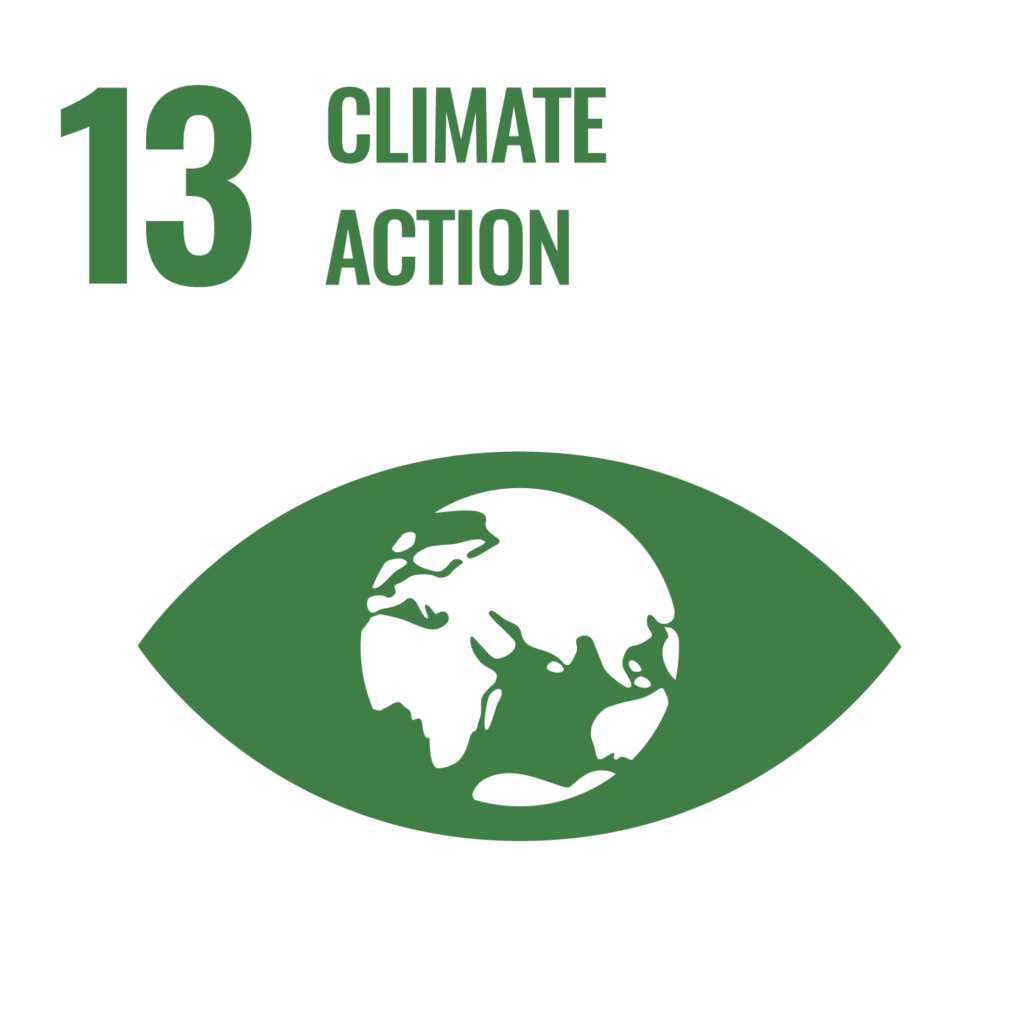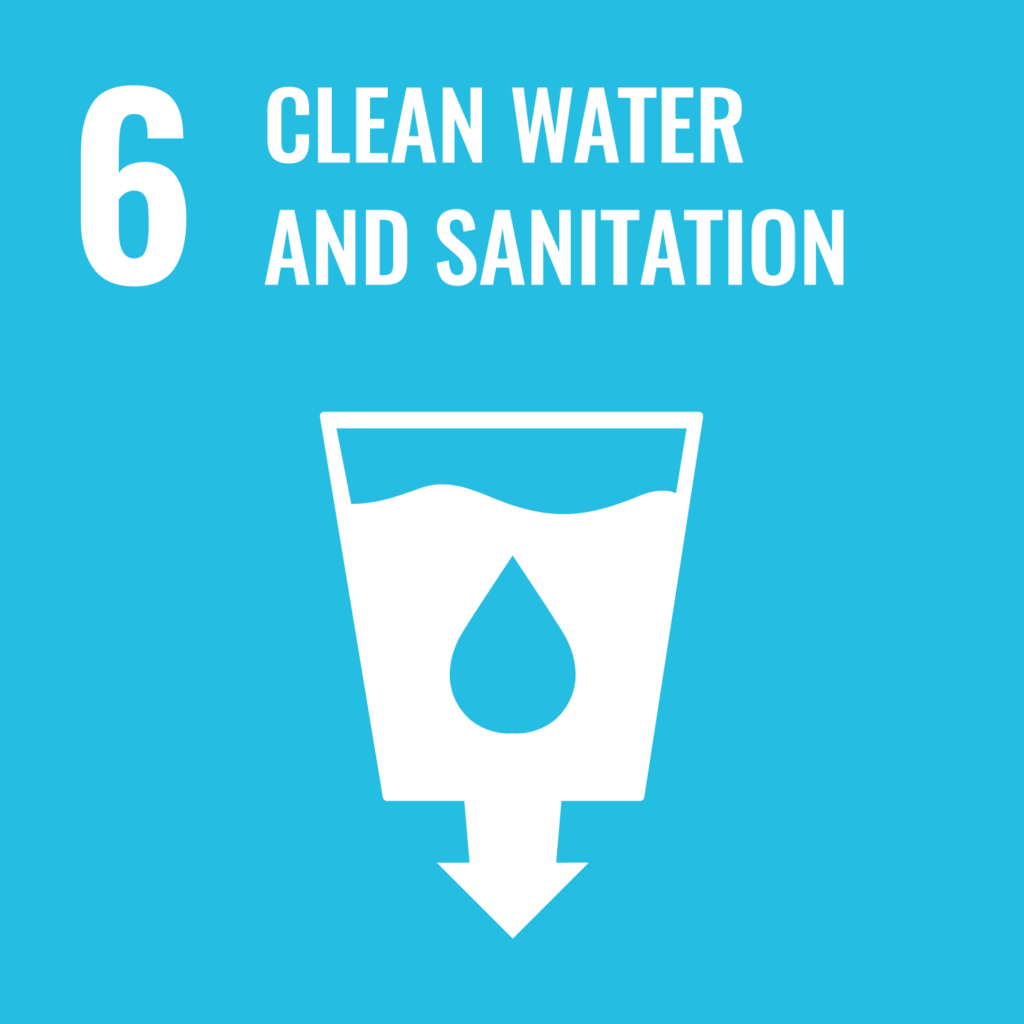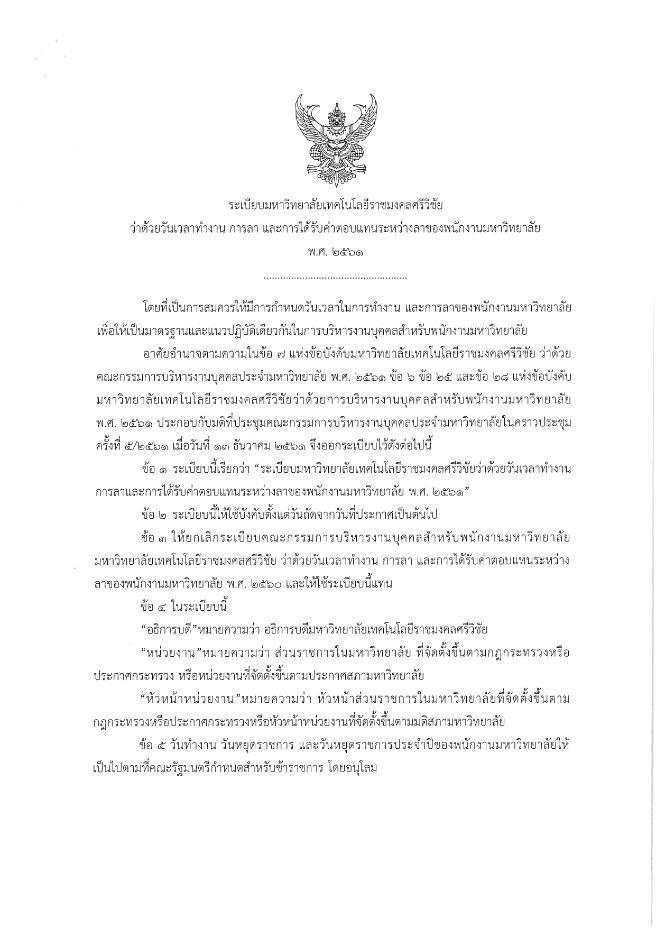Reporters:
Asst. Prof. Dr. Nattapon Kaewthong
Asst. Prof. Chayanat Buathongkua
Asst. Prof. Tanakorn Inthasuth
Ms. Sayamon Buddhamongkol
Ms. Duanrung Chooyruang
Evidence Date:
Feb 21, 2023, Mar 30, 2023, Nov 30, 2023
Related Indicators:
13.3.1
Details:
Rajamangala University of Technology Srivijaya emphasizes setting policies and implementing actions aligned with sustainable development goals, particularly SDG 13 (Climate Action), which focuses on effective climate change adaptation. The university collaborates closely with local agencies and communities to translate these policies into practical action. Key projects and policies this year include:
1. Flood and Drought Prevention and Mitigation Plan with the National Water Resources Office, Region 4
On February 10, 2023, the university developed a flood and drought prevention and mitigation plan in collaboration with the National Water Resources Office, Region 4, and the Hydro-Informatics Institute (Public Organization). This plan prepares for and mitigates the impact of water issues in southern Thailand, an area increasingly prone to severe flooding and drought. The plan emphasizes integrating data and technology for planning and decision-making, coordinating between government sectors and local agencies, and preparing crisis response measures for potential water emergencies. This policy integration considers both community needs and sustainable water management to reduce long-term risk.
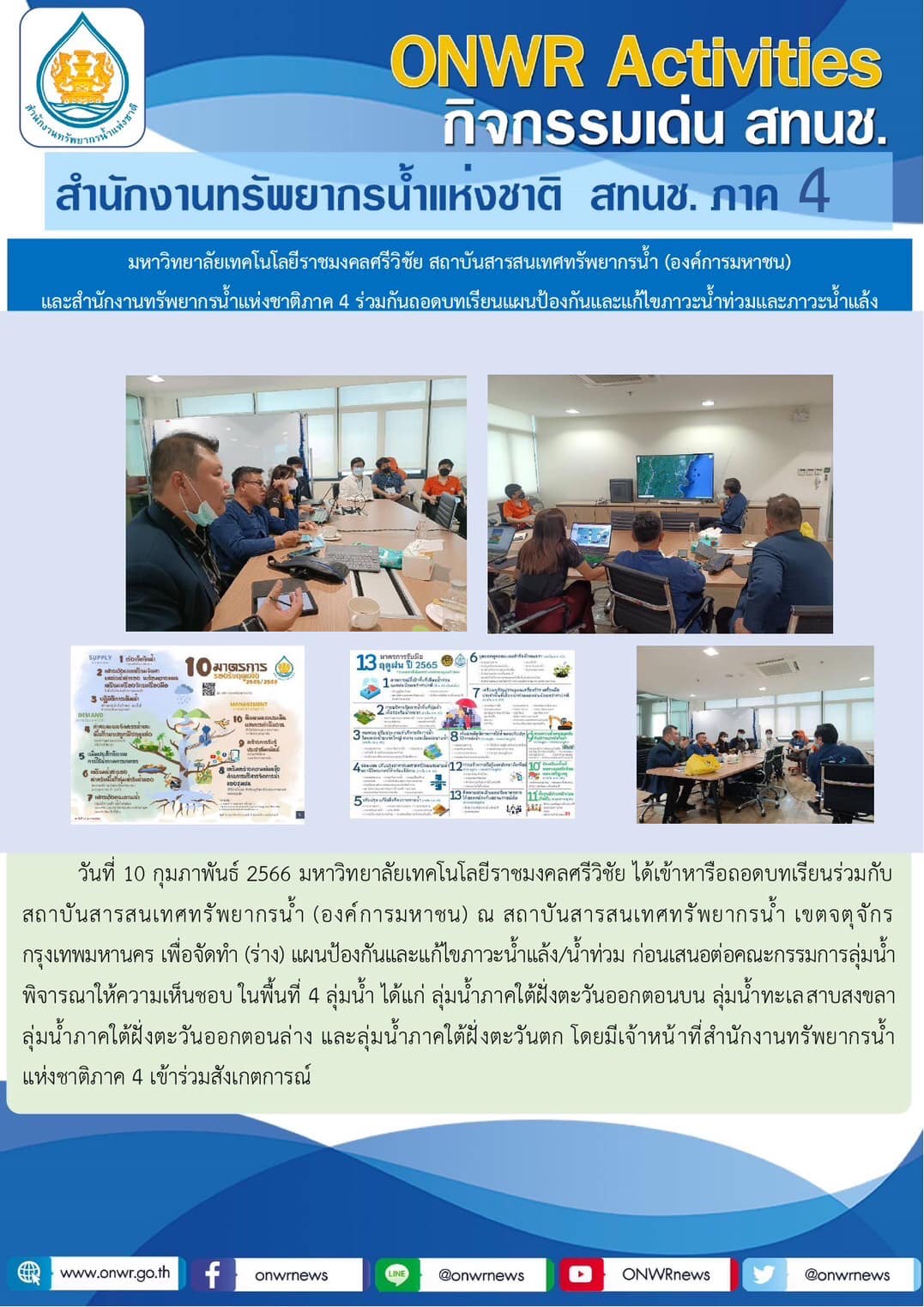
2. Master Plan for Water Management in Singhanakhon District, Songkhla Province
The master plan for water management in Singhanakhon District, Songkhla Province, was developed through a collaboration between the university and the Songkhla Provincial Administrative Organization. This master plan aims to help local communities prepare for recurring flood and drought risks caused by climate change.
The initiative involves surveying and analyzing local environmental data and designing flood-resilient infrastructure, taking into account the region’s topography and water characteristics. This master plan reflects the university’s commitment to sustainable local development, addressing community needs for effective water management and reducing the risk of damage to property and lives in flood-prone areas.
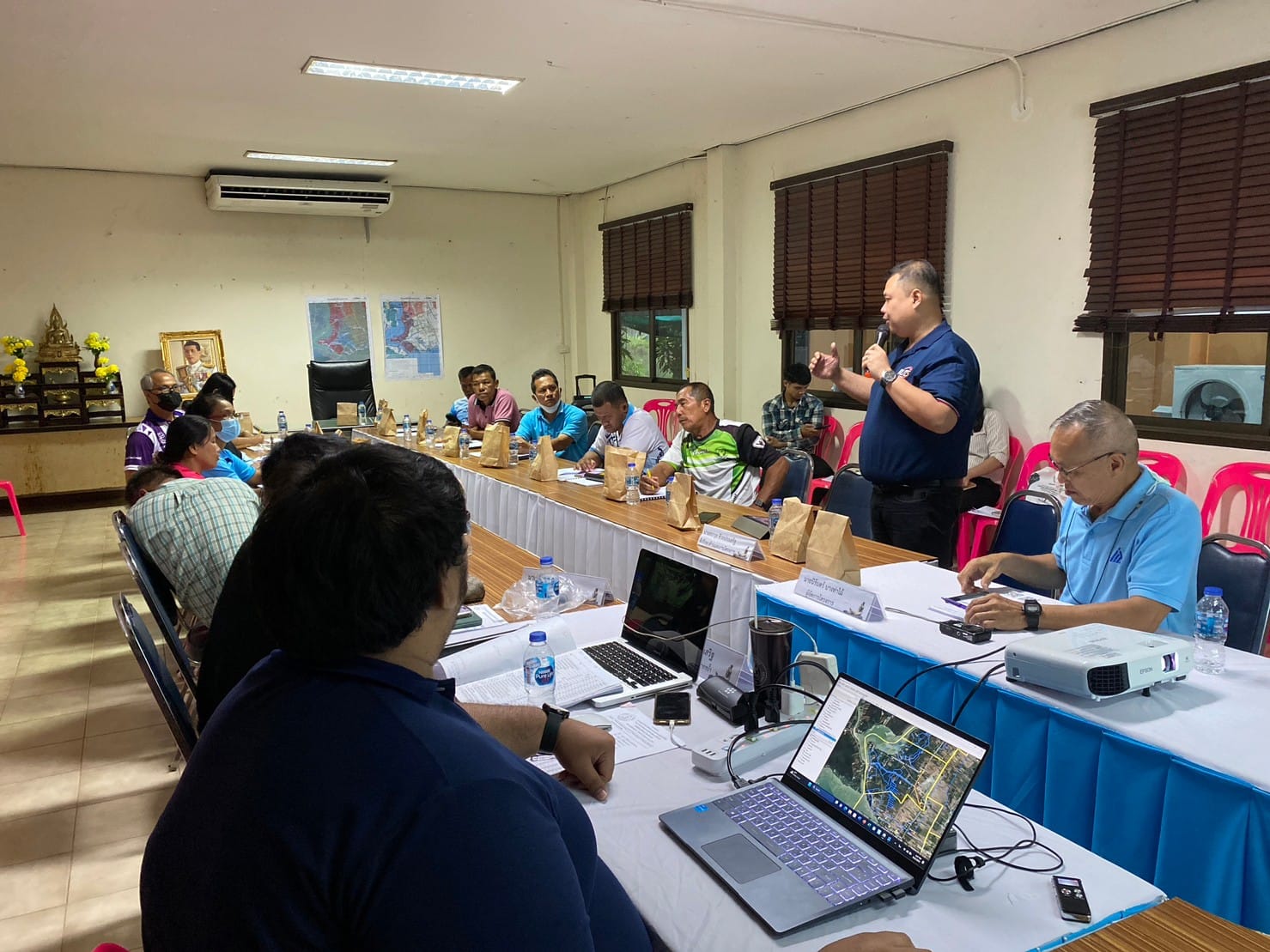
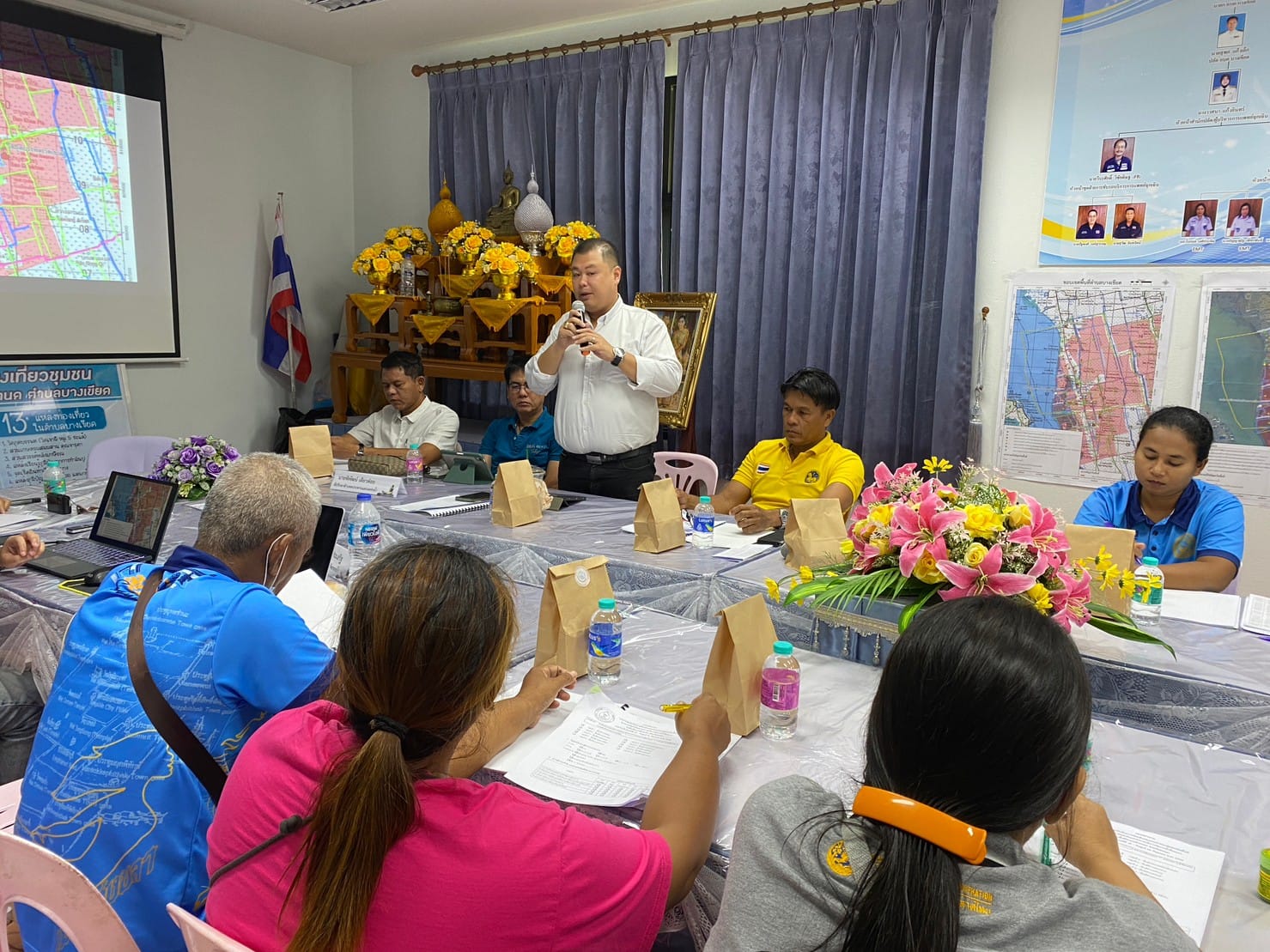
3. Enhancing Disaster Preparedness in the Songkhla Lake Basin
The university played an active role in meetings with the Songkhla Lake Basin Committee to prepare for the rainy season. Discussions focused on readiness measures and strategies to mitigate the impact of heavy rainfall in the region, including water situation assessments and installing pumps at key locations to prevent flooding.
These measures aim to enhance the safety of flood-prone areas in the Songkhla Lake Basin, which frequently faces flood challenges. The university also provided recommendations to the basin committee to support comprehensive preparedness and reduce the risk of natural disasters.
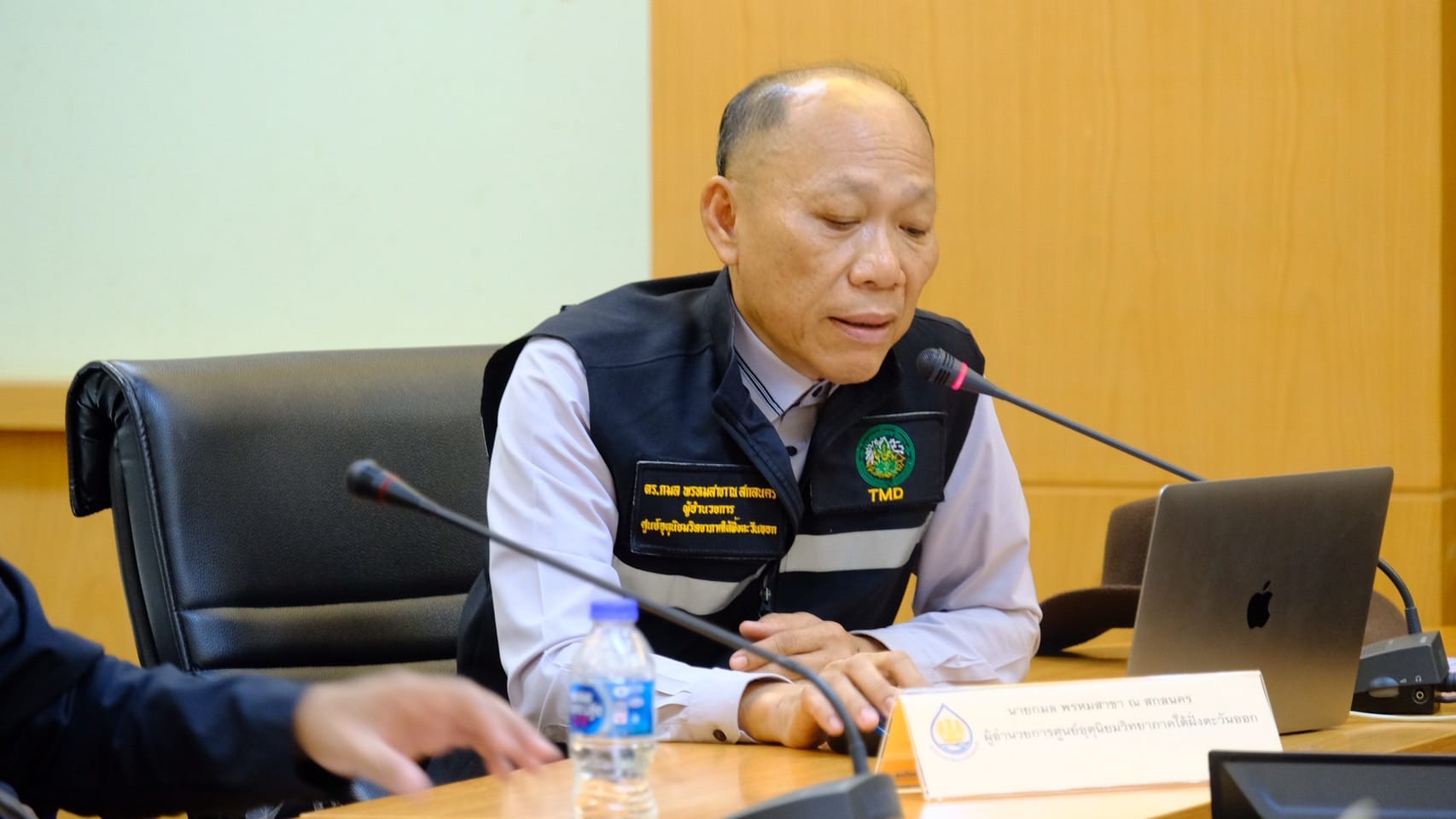
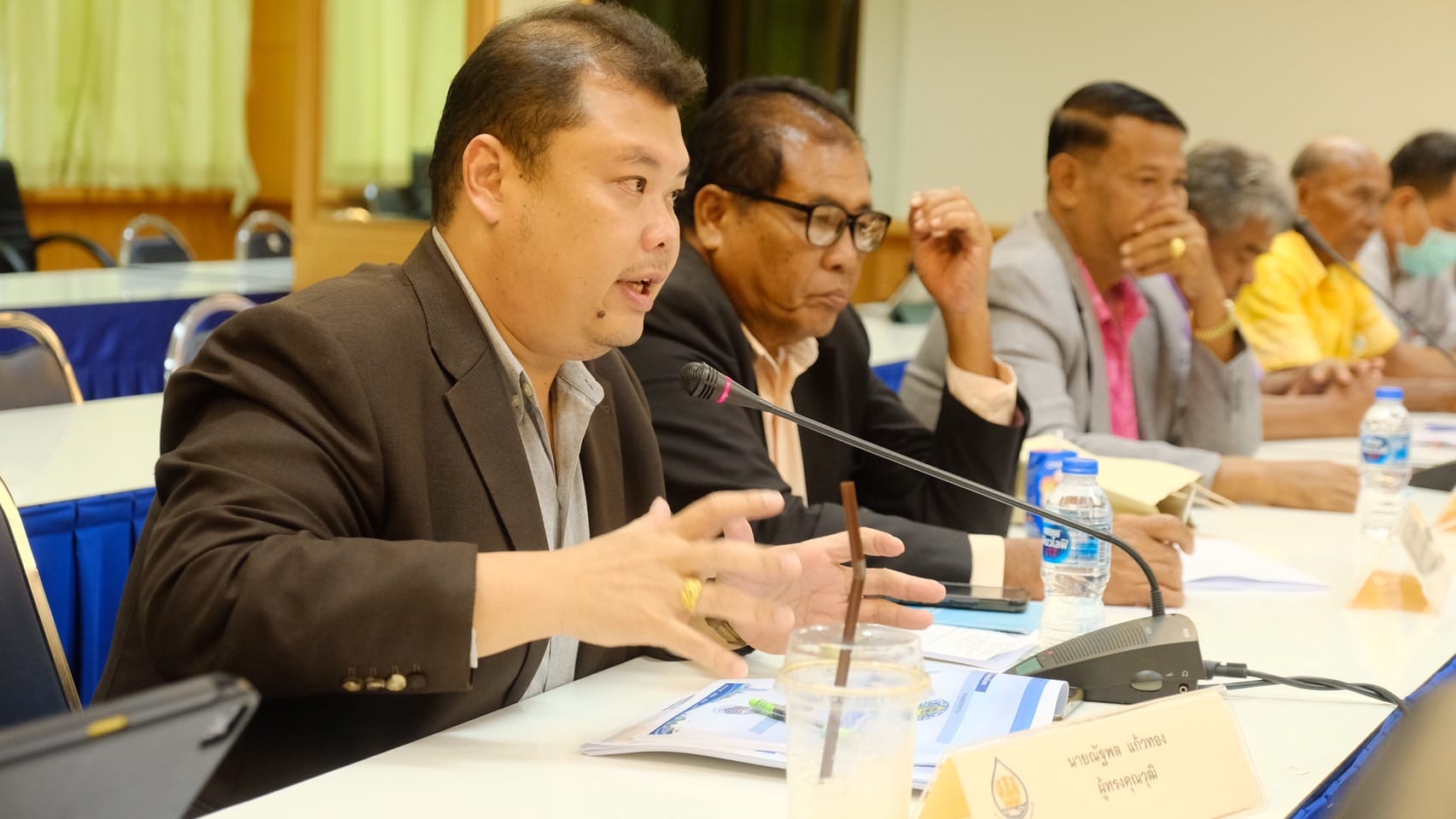
4. Sustainable Water Allocation in the Sathing Phra Peninsula
Water management in the Sathing Phra Peninsula aims to enhance water allocation efficiency through a localized water balance analysis. This research supports not only optimal water allocation for agriculture but also improvements in water quality for agricultural use, reducing ecological and health impacts. The project is a collaborative effort between the university, local agencies, and residents who directly benefit from water resources.
Experts from the Agricultural Research Development Agency (ARDA) visited to evaluate the project titled “Enhancing Cost-Effective Water Management and Allocation Systems Through Sub-District Water Balance in Sathing Phra Peninsula with Innovation and Participation.” The visit included a forum on “Water Management in the Sathing Phra Peninsula to Address Climate Change,” led by Assistant Professor Dr. Natthaphon Kaewthong from the Faculty of Engineering.
This research-based initiative, driven by community needs and challenges identified by the province, addresses issues such as suitable water quality for agriculture and monitoring flood and drought conditions in the upper and central Songkhla Lake areas. The project aims to ensure community access to water during shortages, prevent flooding during heavy rains, and mitigate climate-related risks to agricultural water quality. This research exemplifies the development of sustainable water management infrastructure to meet local needs and positions the university as a knowledge and research hub for environmental solutions.
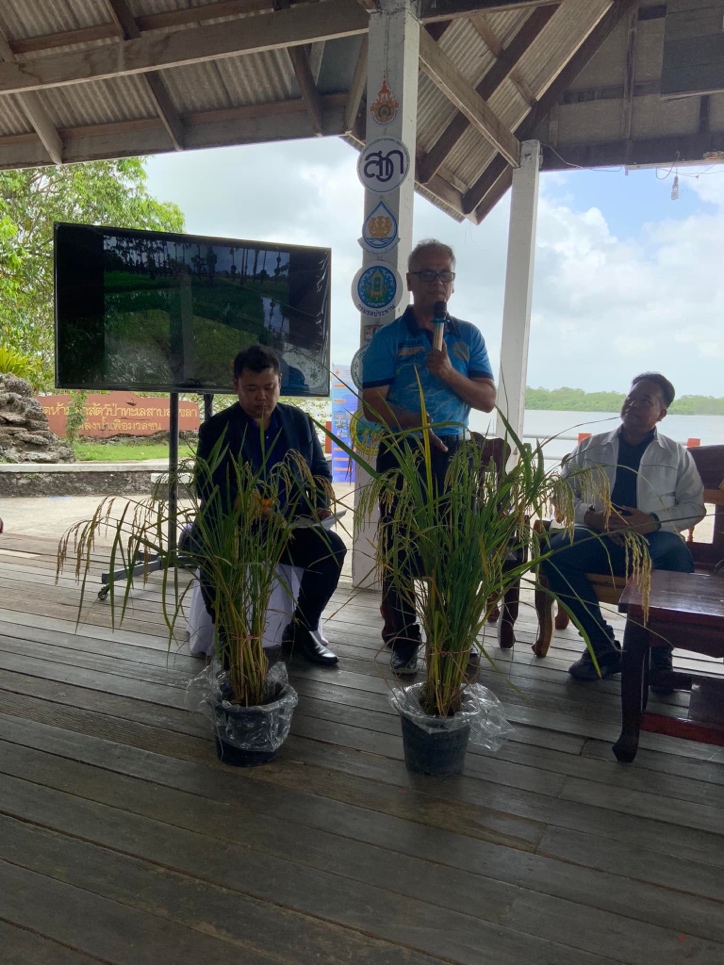
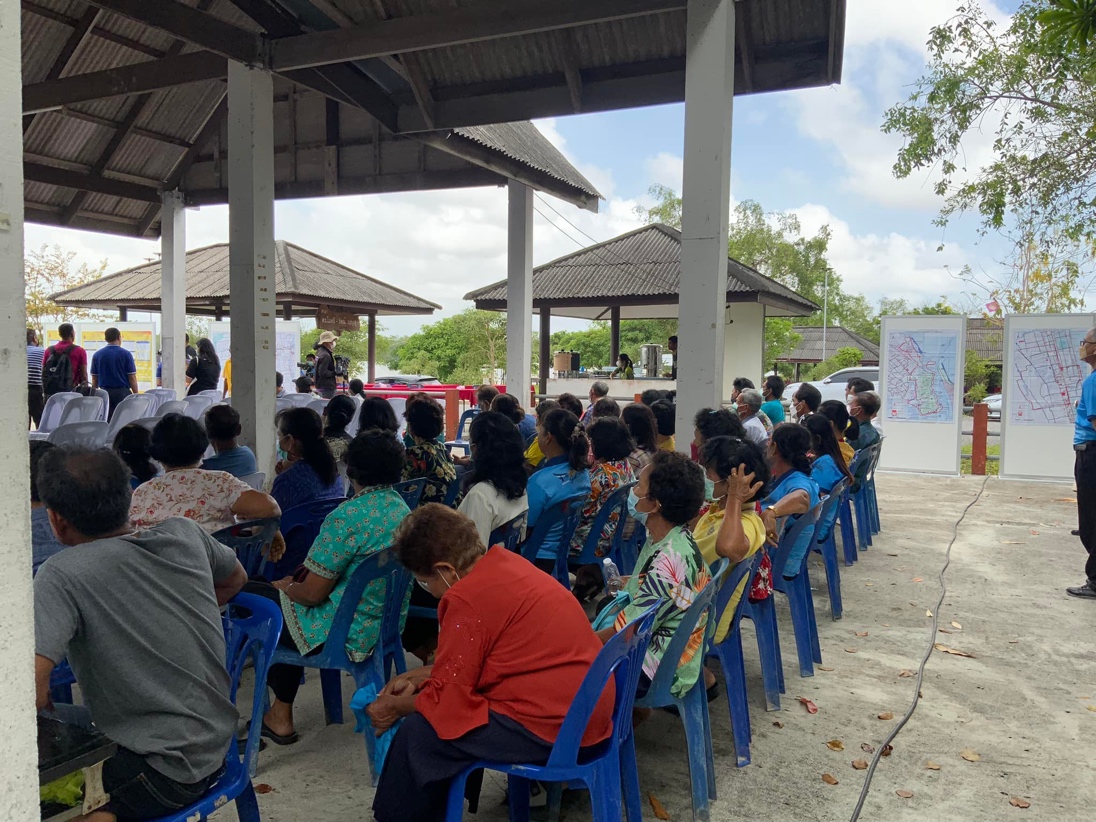
Summary of Policy and Operations Achievements at Rajamangala University of Technology Srivijaya
The policy and operations efforts of Rajamangala University of Technology Srivijaya reflect its commitment to developing water management systems and preparing for climate change impacts, aligning with SDG 13, which focuses on effective climate action. The university also plays a crucial role as a research and planning hub for water management, collaborating with government agencies and local communities. These initiatives not only help mitigate environmental impacts but also strengthen community resilience against potential natural disasters in the future.
Link related:
https://www.facebook.com/share/p/fMVXqnjsAdJw8MZ2
https://www.facebook.com/share/p/DCtjBMzRCVT2mVcF

